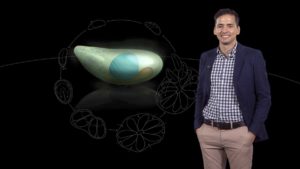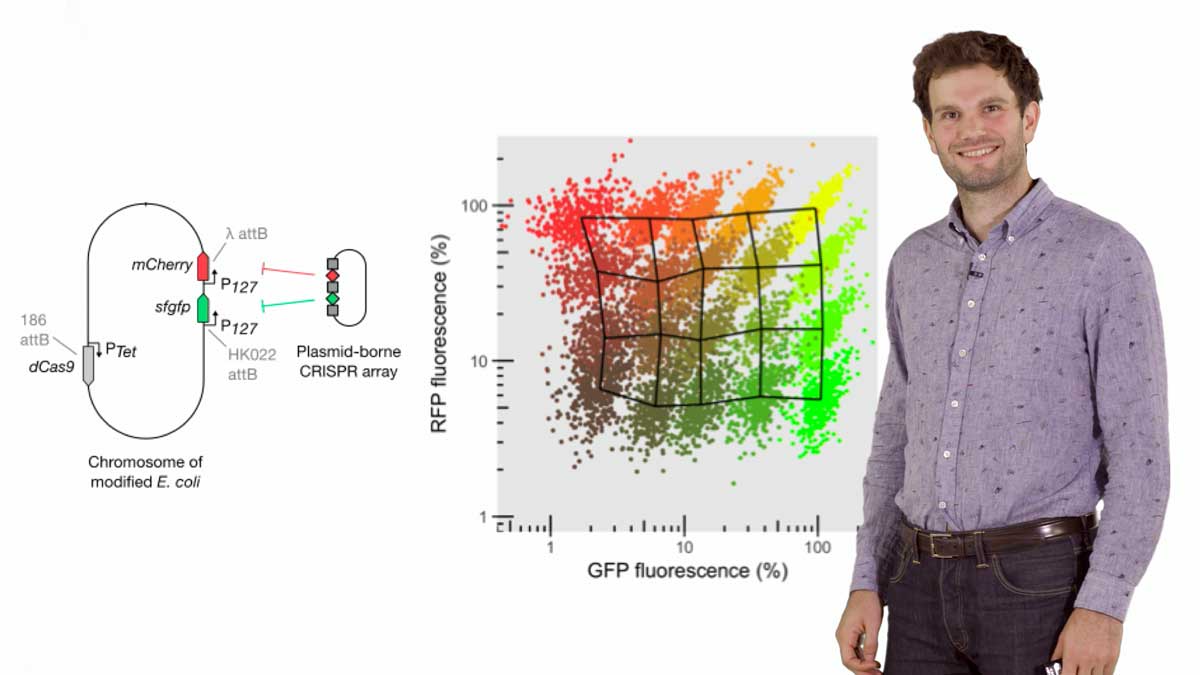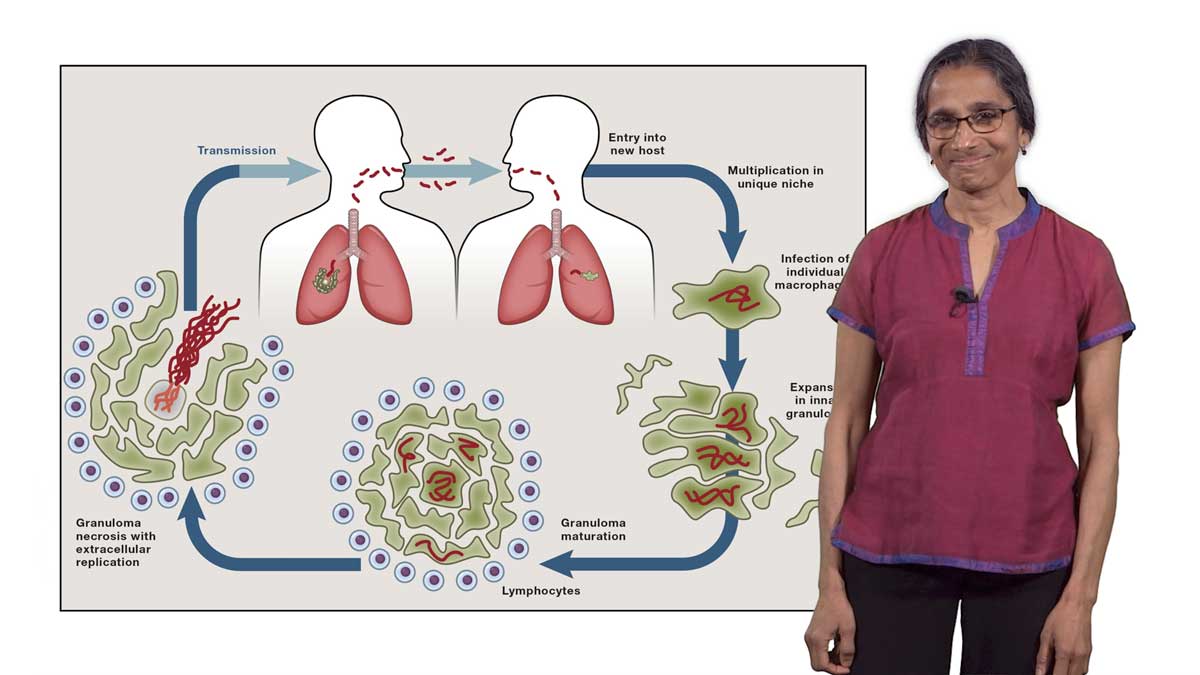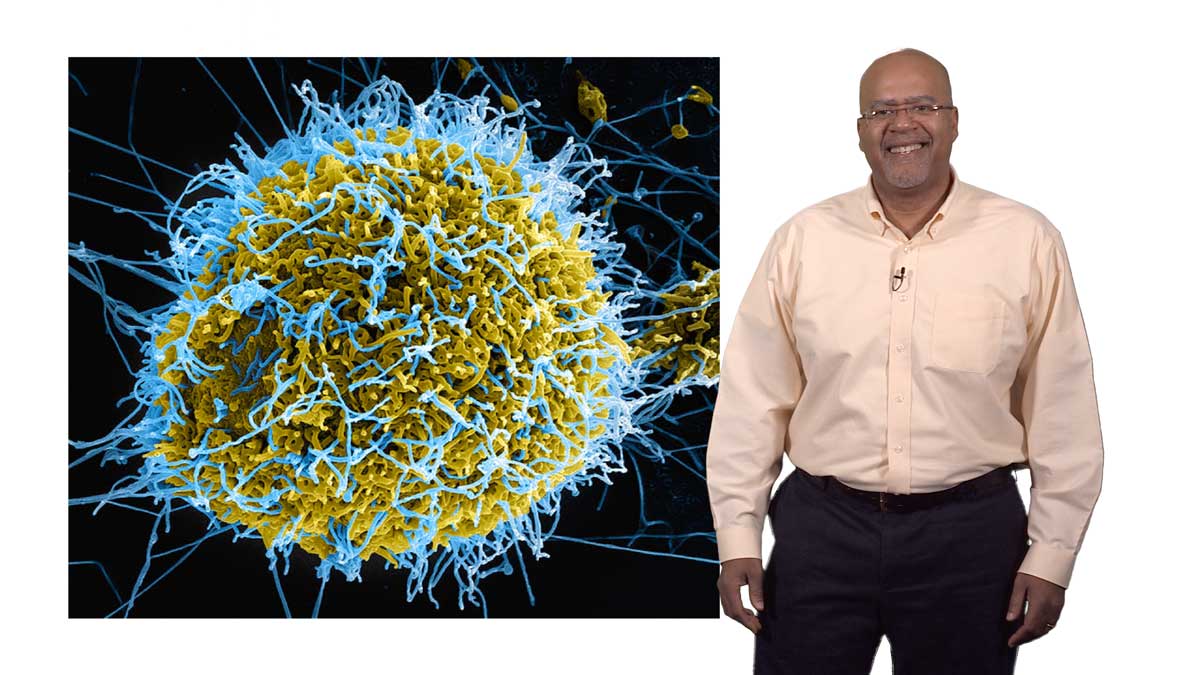Talk Overview
Apicomplexa are evolutionarily distinct eukaryotes that play an important role in human diseases such as toxoplasmosis and malaria. So how do scientists study their unique biology? Dr. Sebastian Lourido explains that his lab uses Toxoplasma gondii as a model to study the phylum Apicomplexa. In part one of his talk, he explains the complex life cycle of T. gondii and he describes the unique organelles found in apicomplexa and used to facilitate invasion, survival and replication inside host cells. He highlights research from his lab demonstrating the importance of calcium signaling for T. gondii invasion.
Since little is known about the Toxoplasma gondii genome, in his second iBiology seminar, Lourido explains how his lab developed CRISPR tools to study apicomplexan biology. His lab designed a strain of T. gondii constitutively expressing Cas9 that can be used in conjunction with guide libraries to identify biologically significant genes. Lourido explains how his lab used this system to identify genes encoding proteins necessary for apicomplexan invasion. These include a claudin-like protein, that they are calling CLAMP, that is conserved across apicomplexa and is necessary for invasion by both toxoplasma and the parasites that cause malaria.
Speaker Bio
Sebastian Lourido

Dr. Sebastian Lourido is a faculty member at the Whitehead Institute and an assistant professor of biology at the Massachusetts Institute of Technology. His lab uses Toxoplasma gondii as a model to study the underlying mechanisms of how the apicomplexan phylum of parasites infect and spread diseases such as malaria and toxoplasmosis. As an undergraduate… Continue Reading











JEYASHRI R says
The talk was very informative and I got to understand many concepts pertaining to the study in apicomplexan parasites.
Jhoel says
Estoy inimaginablemente agradecido